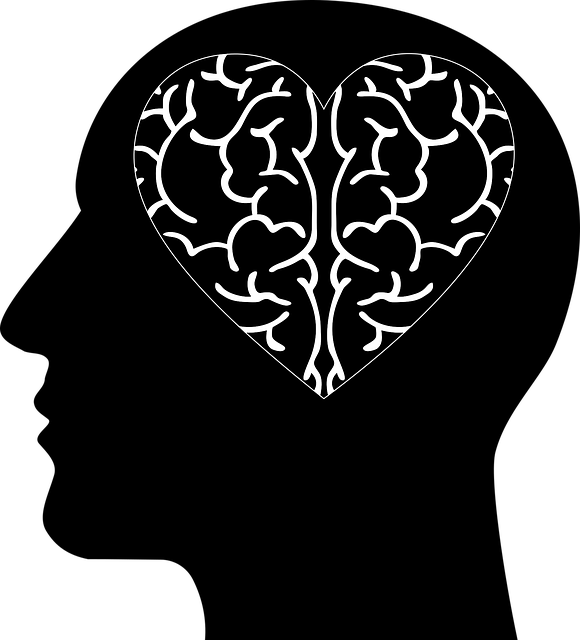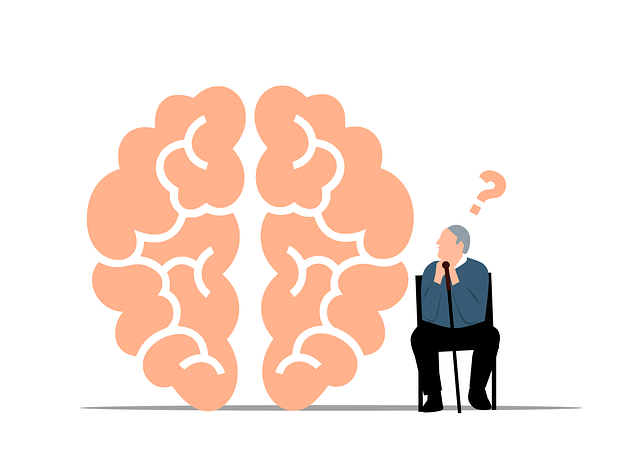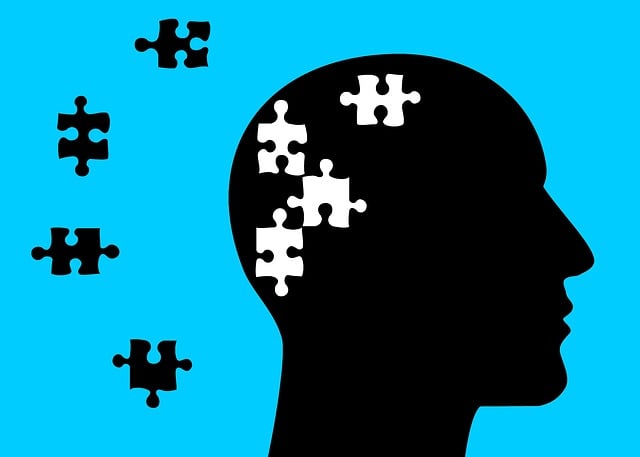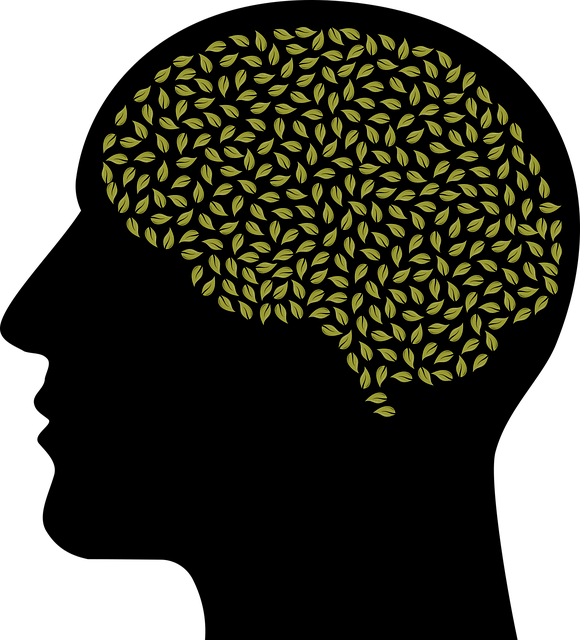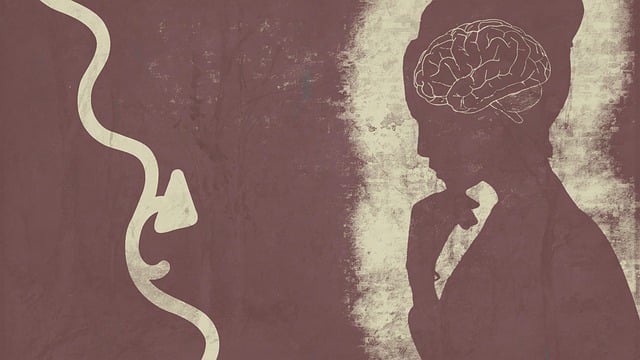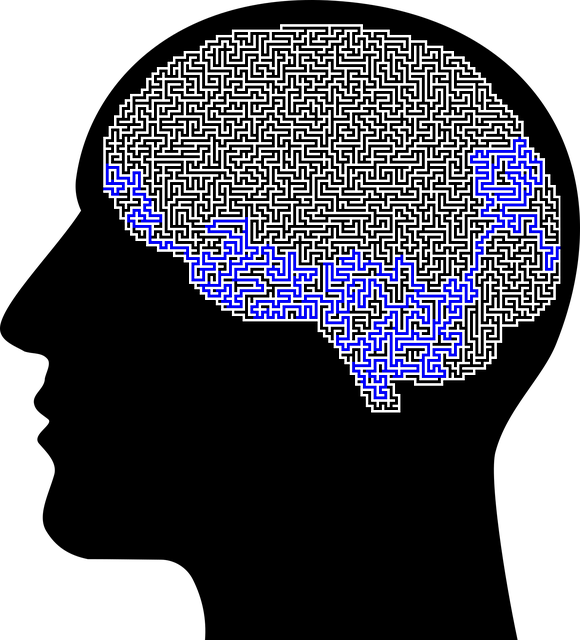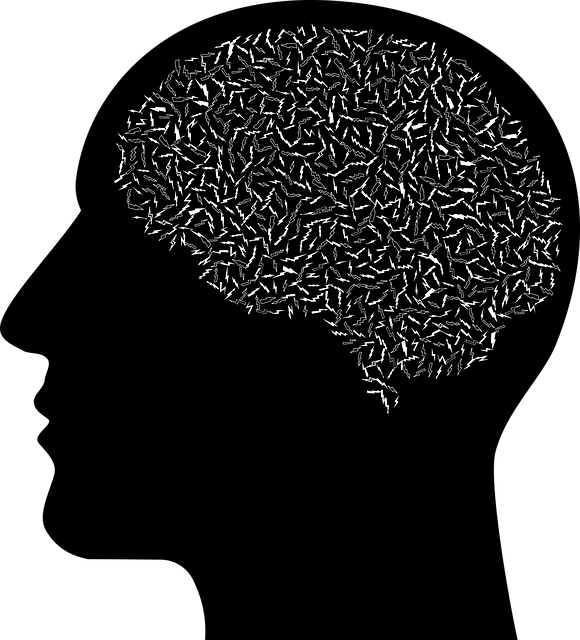Boulder Obsessive Compulsive Disorder (OCD) is a common mental health issue affecting adolescents and young adults, characterized by intrusive thoughts and repetitive behaviors. Specialized Boulder OCD therapy offers effective solutions through evidence-based practices like Cognitive Behavioral Therapy (CBT) and exposure therapy. Mental health professionals in Boulder tailor these therapies, incorporating cultural sensitivity, Mind Over Matter principles, and Mental Health Education Programs. They address complexities like comorbid conditions and manage their emotional responses to provide a supportive environment. Risk mitigation strategies, including structured self-care practices, enhance client resilience and reduce adverse outcomes. Professionals continuously evaluate treatment progress and prioritize self-care for consistent, effective support in navigating OCD.
Mental health professionals play a pivotal role in treating Boulder Obsessive Compulsive Disorder (OCD), but they also face unique risks. This article delves into the complex nature of OCD, highlighting the essential contribution of therapists in effective treatment. We explore identifying and mitigating risks, offering strategies for clinical practice. From continuous evaluation to adaptive interventions, ensuring safety while fostering therapeutic growth is paramount. Understanding Boulder OCD and its challenges equips professionals with tools to navigate this intricate mental health landscape, enhancing patient outcomes through evidence-based practices.
- Understanding Boulder Obsessive Compulsive Disorder (OCD): A Comprehensive Overview
- The Role of Mental Health Professionals in OCD Treatment
- Identifying Risks and Potential Challenges in OCD Therapy
- Strategies for Effective Risk Mitigation in Clinical Practice
- Continuous Evaluation and Adaptation: Ensuring Safe and Therapeutic Interventions
Understanding Boulder Obsessive Compulsive Disorder (OCD): A Comprehensive Overview

Boulder Obsessive Compulsive Disorder (OCD) is a complex mental health condition that affects individuals across all demographics, though it often manifests during adolescence or early adulthood. This disorder is characterized by intrusive thoughts and repetitive behaviors designed to alleviate anxiety caused by these obsessions. While OCD can significantly impair daily functioning, effective Boulder Obsessive Compulsive Disorder Therapy exists to address its root causes and symptoms.
Understanding the emotional healing processes involved in managing OCD is crucial. Therapy focuses on helping individuals recognize and challenge unhelpful thought patterns while building resilience against intrusive thoughts and compulsions. By learning coping strategies and exploring alternative ways to manage anxiety, those affected by OCD can lead fulfilling lives free from the constraints of repetitive behaviors.
The Role of Mental Health Professionals in OCD Treatment

Mental health professionals play a pivotal role in treating Obsessive Compulsive Disorder (OCD), offering specialized Boulder OCD therapy that delves into the intricate aspects of this complex condition. They employ evidence-based practices, such as Cognitive Behavioral Therapy (CBT) and exposure therapy, to help individuals manage intrusive thoughts and repetitive behaviors. These therapies are tailored to address the unique needs of each client, incorporating Mind Over Matter principles to foster mental wellness coaching programs development.
Cultural sensitivity in mental healthcare practice is also essential for effective OCD treatment. Mental health professionals must be adept at navigating diverse cultural backgrounds, understanding how beliefs and values might influence the presentation and perception of OCD symptoms. This nuanced approach ensures that therapy remains accessible and impactful for a broad spectrum of individuals seeking Boulder OCD therapy.
Identifying Risks and Potential Challenges in OCD Therapy

Identifying Risks and Potential Challenges in OCD Therapy
In the field of mental health, particularly when addressing conditions like Boulder Obsessive Compulsive Disorder (OCD) Therapy, professionals must be vigilant in recognizing a multitude of risks and potential challenges. OCD therapy can be complex due to the intricate relationship between obsessions and compulsions, which vary widely among individuals. This variability necessitates a tailored approach that considers not just the disorder itself but also comorbid conditions like anxiety or depression, often present alongside OCD. Mental Health Education Programs Design that emphasize evidence-based strategies are crucial for navigating these complexities.
Moreover, therapists must be mindful of their own potential biases and emotional responses when treating clients with OCD. The nature of obsessions can evoke strong reactions in both the therapist and client, requiring effective stress management techniques. Workshops focused on Stress Management and organized programs designed to enhance confidence among mental health professionals can play a significant role in mitigating these risks. Ultimately, these measures contribute to a more nuanced and supportive therapeutic environment, fostering better outcomes for clients navigating their OCD challenges.
Strategies for Effective Risk Mitigation in Clinical Practice

In clinical practice, mental health professionals can employ several strategies for effective risk mitigation and fostering a safe therapeutic environment. One key approach is integrating comprehensive risk assessment tools tailored to various disorders, such as Boulder Obsessive Compulsive Disorder (OCD) Therapy, which can help identify potential hazards early on. By regularly reviewing patient progress and conducting periodic risk assessments, professionals can proactively address emerging issues before they escalate.
Additionally, promoting mental wellness and burnout prevention through structured self-care practices is vital. Encouraging regular exercise, mindfulness techniques, and healthy sleep habits can enhance clients’ resilience and reduce the risk of anxiety relief becoming compromised. These proactive measures create a robust safety net, enabling professionals to provide consistent and effective care while minimizing the likelihood of adverse outcomes.
Continuous Evaluation and Adaptation: Ensuring Safe and Therapeutic Interventions

Mental health professionals must embrace a mindset of continuous evaluation and adaptation to deliver safe and effective interventions. This dynamic approach is crucial in addressing the evolving needs of clients, particularly those struggling with conditions like Boulder Obsessive Compulsive Disorder (OCD). Regularly assessing treatment progress allows practitioners to make informed adjustments, ensuring that strategies remain relevant and beneficial over time. By fostering a culture of adaptability, professionals can enhance client outcomes and promote better mental health awareness.
Self-care practices are integral to this process, as they enable professionals to manage their own mood and well-being. Effective mood management is essential for maintaining clarity and presence during therapy sessions, thereby facilitating more productive interactions with clients. When mental health practitioners prioritize self-care, they can offer consistent support while cultivating a healthier work-life balance, which ultimately contributes to enhanced professional resilience.
Mental health professionals play a pivotal role in managing and treating Boulder Obsessive Compulsive Disorder (OCD), but they must be adept at identifying potential risks and implementing effective mitigation strategies. By understanding the unique challenges of OCD therapy, such as patient resistance or cognitive distortions, practitioners can navigate complex cases successfully. Continuous evaluation and adaptation are essential to ensure safe and therapeutic interventions, ultimately enhancing the effectiveness of Boulder OCD therapy and improving patient outcomes.
